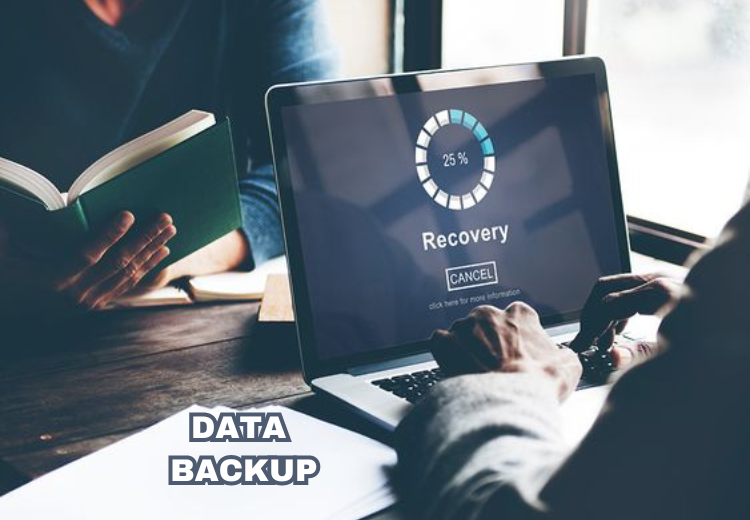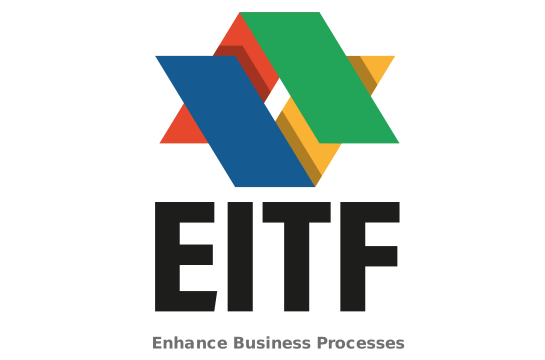
You’ve got a business to run, and the last thing you want to worry about is losing all your data. But having a reliable data backup strategy is essential, especially with an increase in cyberattacks. If something were to happen to the valuable company information you’ve gathered, the stakes would be very high. Don’t lose sleep though it’s not as hard as it seems to get a data backup strategy in place. The key is finding one that fits your business needs and budget.
In this article, we’ll walk through the pros and cons of different options like cloud backups, external hard drives, and onsite servers. You’ll learn some best practices for implementing a backup solution. We’ll also look at new innovations that are making data backup easier and more affordable than ever in 2024. With the right game plan, you can safeguard your company data so you can focus on your clients and expanding your business.
Key Factors to Consider When Choosing a Data Backup Strategy
- Understand Your Data Needs
The first step is taking a hard look at your data. How much do you have? What types of files are involved? Knowing the specifics will help determine the best backup approach. Large media files, for instance, may require different solutions than standard documents and spreadsheets.
- Backup Frequency and Scheduling
How often does your data change? Mission-critical information that updates constantly needs more frequent backups than static archives. Establish a schedule that will not overwhelm your systems and will reduce the possibility of data loss.
- Backup Storage Locations
Where will you store those precious backups? On-site storage like external hard drives is convenient but vulnerable to threats like fires or floods. Cloud backups provide off-site security but need reliable internet. The right balance keeps your data safe and accessible.
- Backup Testing and Recovery
Even the most robust backup strategy is useless if you can’t restore data when needed. Periodically test recovery processes to ensure backups are working properly. Document clear procedures for different recovery scenarios.
Evaluating Popular Data Backup Strategies for Your Business
- Cloud Backup Services
Cloud backup has emerged as a popular and cost-effective alternative, allowing you to store data remotely on a provider’s secure servers. The major advantage? No need to worry about hardware maintenance or scalability issues. Top cloud providers ensure data redundancy and offer robust security measures. But, you’ll have to consider potential internet connectivity hiccups and compliance requirements.
- Hybrid Cloud Backup
Can’t decide between on-premise or cloud? A hybrid approach combines the best of both worlds. Critical data remains on your local storage, while less sensitive information gets backed up to the cloud. This flexibility comes with added complexity in managing and syncing data across multiple environments.
- Automated Backup Scheduling
No matter which strategy you choose, automating backup schedules is crucial. Regular, incremental backups minimize data loss risks while reducing manual effort. Many solutions offer customizable scheduling options to align with your operational needs and data volumes.
- On-Premise Backup Solutions
On-premise backup involves storing data on physical storage devices like hard drives or tapes within your office premises. This traditional approach gives you complete control over your data’s security and privacy. However, it requires significant upfront investment in hardware, software licenses, and dedicated IT resources for maintenance.
- Disaster Recovery Planning
A solid backup strategy is incomplete without a disaster recovery plan. Outline procedures to quickly restore data and resume operations in case of hardware failures, cyberattacks or natural disasters. Periodically test your backups to validate their integrity.
By evaluating these popular approaches, you can identify the ideal data backup solution aligned with your business’s unique requirements, budget, and risk tolerance in 2024.
Conclusion
Ultimately, you must choose the backup plan that best suits your current business needs as well as your long-term goals. There isn’t a universal solution for this. Make an informed decision based on a thorough analysis of your options, budget, tech stack, compliance requirements, and growth objectives. Any modern business depends on its data, hence you need to protect it. However, you also have to keep moving forward and innovating. The ideal backup plan enables you to accomplish both. Remain flexible, persistent and creative. Your data will support you as well, you can count on it!






